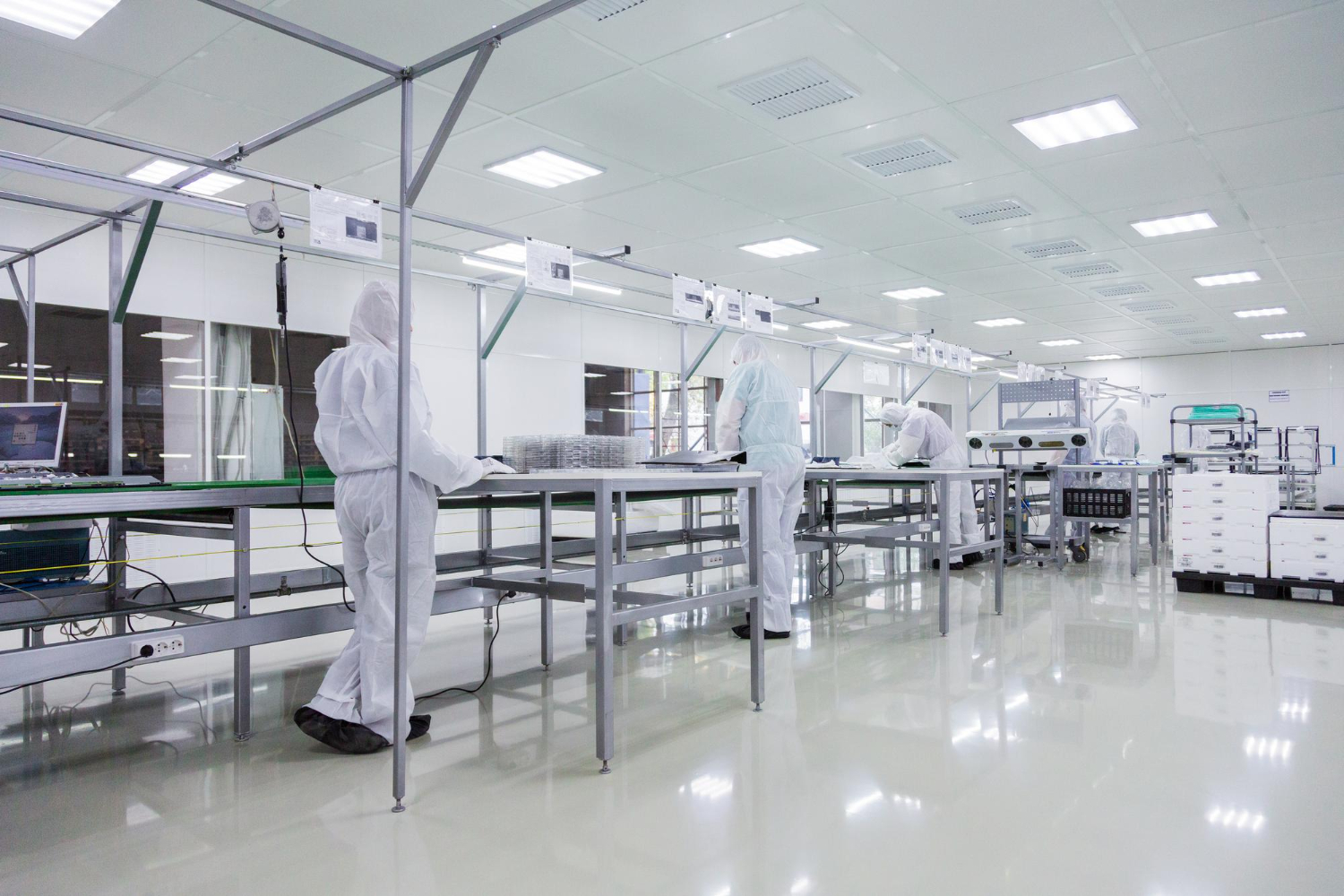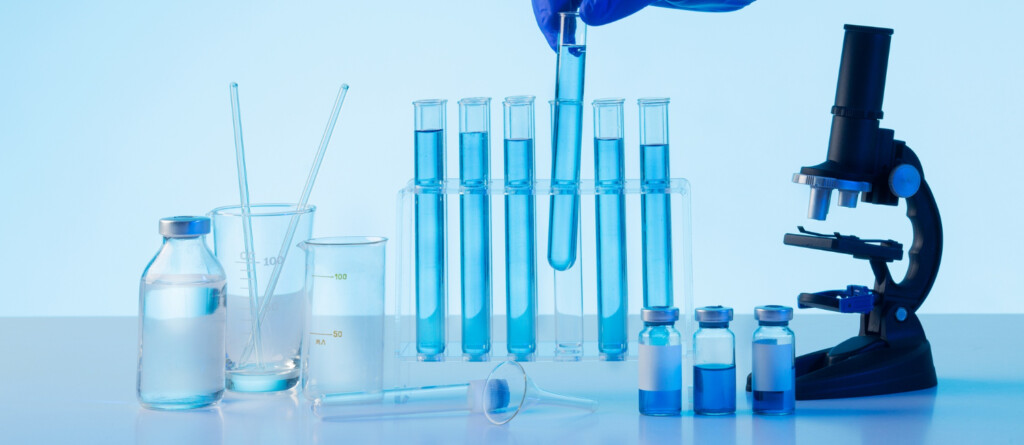
Efficient Heating & Cooling Systems for Malaysian Labs
Laboratory equipment plays a crucial role in various scientific research and experimentation processes. In Malaysia, the need for efficient heating and cooling systems in laboratories is paramount to ensure accurate and reliable results. In this article, we delve into the investigation of advanced heating and cooling systems used in Malaysian laboratory equipment. We explore the advantages of these systems, discuss their operation, and shed light on their contribution to enhancing scientific endeavors with mdc planner.
What are Advanced Heating and Cooling Systems?
Advanced heating and cooling systems refer to sophisticated equipment that maintains optimal temperature conditions within laboratories. These systems are designed to provide precise temperature control, ensuring the stability and accuracy of experiments. They are equipped with state-of-the-art technology, such as advanced sensors, efficient compressors, and intelligent control algorithms, which enable them to deliver superior performance.
How do Advanced Heating and Cooling Systems Operate?
Advanced heating and cooling systems operate through a combination of innovative features and precise control mechanisms. These systems utilize refrigeration technology to cool or heat the laboratory environment as per the desired temperature requirements. They can achieve temperature stability within narrow ranges, allowing scientists and researchers to work with precision.

The Advantages of Advanced Heating and Cooling Systems
1. Enhanced Accuracy: Advanced systems provide highly accurate temperature control, minimizing fluctuations that could affect experimental outcomes. This accuracy ensures that researchers obtain reliable and consistent results.
2. Energy Efficiency: These systems are designed to be energy-efficient, reducing overall power consumption. By utilizing advanced technology and optimizing energy usage, they contribute to a greener and more sustainable laboratory environment.
3. Flexibility and Customization: Advanced heating and cooling systems offer flexibility in terms of temperature range, allowing researchers to work with a wide variety of materials and experimental setups. They can be customized to meet specific research requirements, accommodating diverse scientific disciplines.
4. Noise Reduction: Modern systems are designed with noise reduction features, ensuring a quieter laboratory environment. This is particularly beneficial for sensitive experiments that require low background noise levels.
Conclusion
The efficiency of advanced heating and cooling systems in Malaysian laboratory equipment is vital for accurate scientific research and experimentation. These systems provide precise temperature control, enhanced accuracy, energy efficiency, and customization options. By investing in such systems, laboratories in Malaysia can optimize their research capabilities and contribute to advancements in various scientific fields. The advanced features and advantages of these systems make them indispensable tools for researchers, ensuring reliable and reproducible results. As technology continues to evolve, it is imperative for Malaysian laboratories to stay updated with the latest advancements in heating and cooling systems, thus promoting a thriving scientific community in the country.
